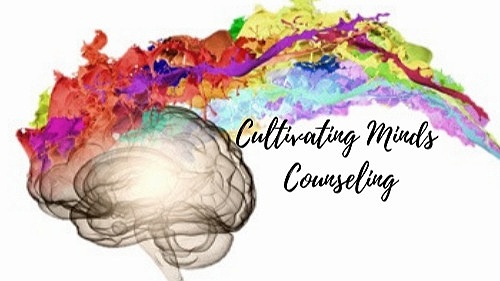How can a Teen Group help?
I hope you have been following this email subscription/blog for strategies to help your teen overcome anxiety. At the end of each entry, you may have noticed a space to contact me for more support. Typically, parents reach out to me for individual therapy so their teen can talk through their problems and learn coping strategies. But did you know we also offer GROUP therapy?
Group therapy works differently than individual in that there are multiple individuals present to work through their problems and learn coping strategies. These groups typically meet every week or every other week.
There are several advantages to utilizing a group therapy process:
Shared concerns, feelings of not being alone in their problems
Feel heard and supported by peers, not just by the therapist
Safe environment to practice new coping skills with peers
Build confidence in practicing skills within own age group before practicing in larger social settings
One of the things I hear a lot from parents is that their child isn't comfortable speaking in front of others and prefers an individual setting. We honor those preferences, however you may want to consider requesting your child "try out" a few sessions of group to see if group might actually be helpful and doable.
Here's a few more facts around our Teen Groups:
Focused on high school age teens
Meet 6-10 weeks
Teens must join within first 2 group sessions then plan to attend throughout duration
Sessions are 1.5 hours in length
Often include activities including creative, active, and practice
If you are concerned about your teen and would be interested in support through one of our Teen Groups, click below.
If you believe your teen needs immediate assistance please contact us:
Upcoming Editions:
Meet our new therapist

